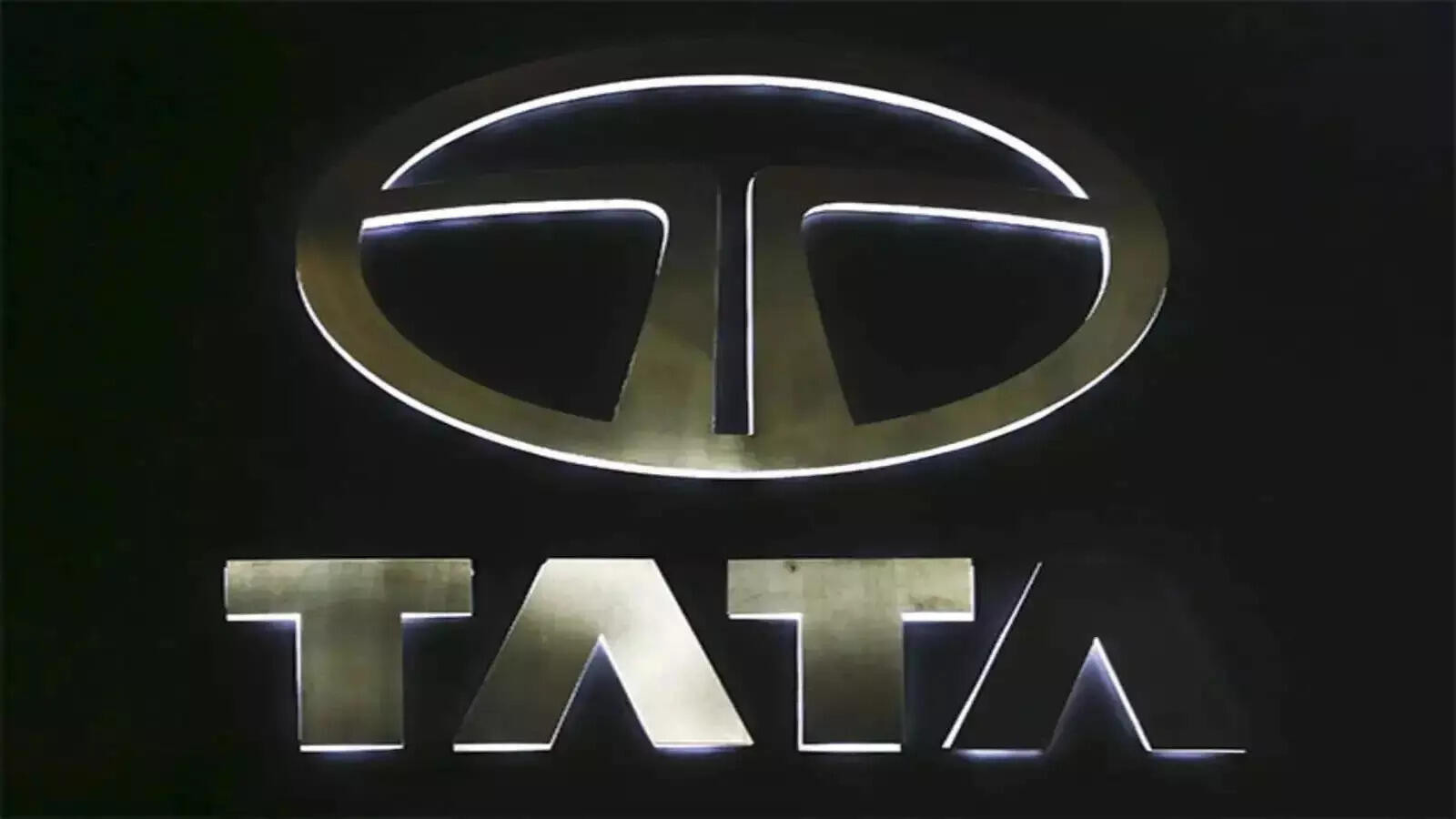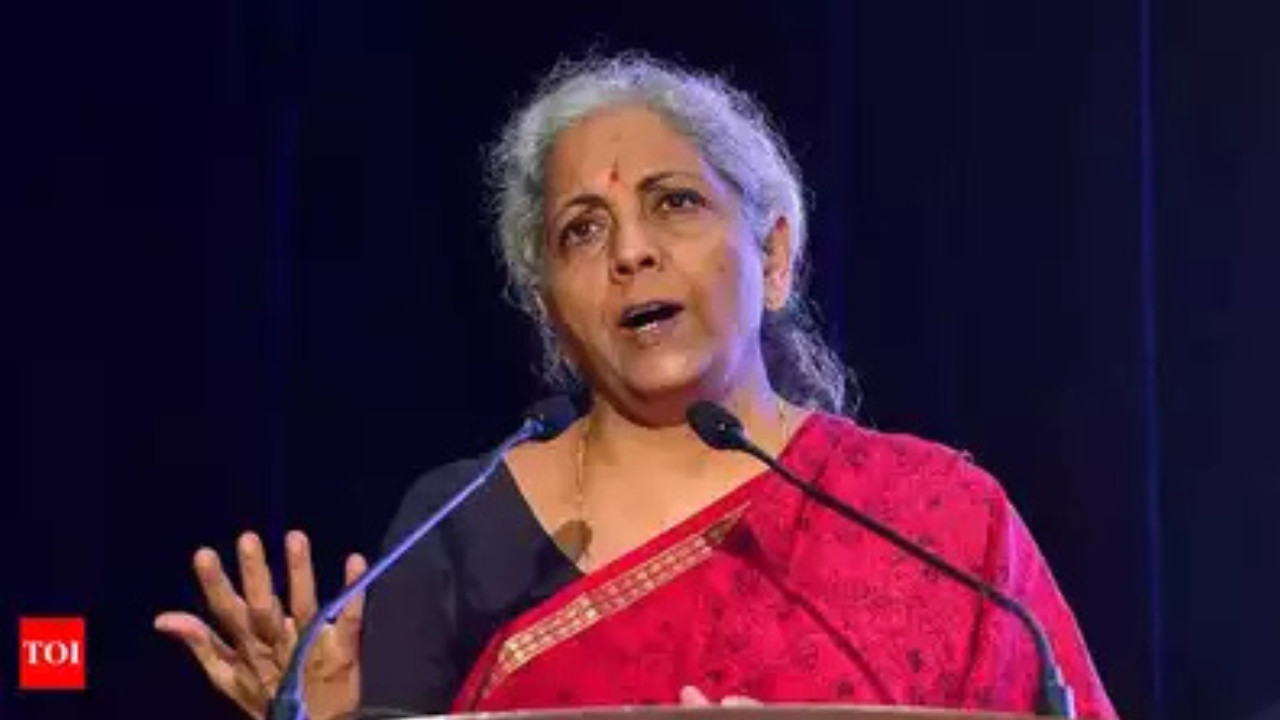India and the UK are poised to sign a free trade agreement, potentially unlocking significant tariff reductions and benefits for service sectors. The UK will grant duty-free access to 99% of Indian goods, boosting exports like textiles and engineering products. India will reduce tariffs on British whisky, cars, and other items.
A New Chapter: Unpacking the India-UK Free Trade Agreement
The air crackles with anticipation. After years of negotiations, the India-UK Free Trade Agreement (FTA) is finally on the horizon, promising to reshape trade relations between these two historical partners. But what does this deal actually mean for businesses and consumers on both sides of the globe? Forget the jargon and diplomatic pronouncements; let’s dive into the potential impact of this landmark agreement.
Lowering Barriers, Opening Doors
At its core, the FTA aims to slash tariffs – those pesky taxes on imports – on a vast array of goods. Imagine Indian mangoes becoming more affordable in British supermarkets, or Scotch whisky finding its way to Indian shelves at a friendlier price point. This is the direct result of reduced tariffs, making goods more competitive and accessible. The UK is expected to eliminate tariffs on the vast majority of goods imported from India, with India reciprocating on a phased basis. This asymmetrical approach is designed to give Indian industries a vital boost in the initial years.
This tariff reduction isn’t just about consumer goods. It also unlocks opportunities for businesses involved in manufacturing, technology, and agriculture. Indian manufacturers, particularly in sectors like textiles, leather, and gems & jewellery, are poised to gain significant access to the UK market. The removal of tariffs levels the playing field, allowing them to compete more effectively with other global players.

Services Sector: A Goldmine of Opportunity
Beyond goods, the FTA recognizes the growing importance of the services sector. India, a global powerhouse in IT and business process outsourcing (BPO), stands to benefit immensely from improved access to the UK market. The agreement is expected to facilitate smoother visa processes for Indian professionals and create new pathways for skilled workers to contribute to the UK economy. This could lead to increased collaboration, knowledge transfer, and innovation in both countries.
Similarly, the UK’s expertise in financial services, education, and healthcare could find new avenues for growth in India. The FTA could pave the way for increased investment in these sectors, bringing best practices and innovative solutions to the Indian market. Imagine more UK universities establishing campuses in India, or British healthcare providers offering specialized services to Indian patients. These scenarios are becoming increasingly plausible with the FTA in place.
Job Creation and Economic Growth
The proponents of the FTA paint a rosy picture of job creation and economic growth on both sides. Increased trade and investment inevitably lead to new opportunities for workers, particularly in sectors that are directly impacted by the agreement. For India, this could mean more jobs in manufacturing, textiles, and IT. For the UK, it could translate to growth in sectors like financial services, technology, and renewable energy.
However, it’s crucial to acknowledge that trade agreements can also have disruptive effects. Some industries might face increased competition, potentially leading to job losses. Managing these transitions requires proactive policies that support workers through retraining programs and provide assistance to affected businesses.
Navigating the Challenges Ahead
The FTA isn’t a magic bullet. Its success hinges on effective implementation and a commitment from both governments to address potential challenges. One area of concern is ensuring that the benefits of the FTA are distributed equitably, particularly among smaller businesses and marginalized communities. There also needs to be careful attention paid to regulatory alignment and addressing non-tariff barriers, such as differing standards and certification processes.
India’s agricultural sector, in particular, might face challenges due to increased competition from UK imports. Safeguarding the interests of Indian farmers and ensuring food security will be critical. Internal link to article on government subsidies for Indian agriculture.
A Promising Future
Despite the potential hurdles, the India-UK Free Trade Agreement represents a significant step forward in strengthening economic ties between these two nations. By reducing tariffs, opening markets, and promoting investment, the FTA has the potential to unlock substantial opportunities for businesses and consumers alike. The true test, however, will lie in the implementation phase, requiring a collaborative approach and a willingness to address the inevitable challenges that arise. It is a new and promising landscape for India-UK Free Trade. The journey has just begun, and the path ahead requires careful navigation and unwavering commitment. Only time will tell the full extent of its transformative power.







